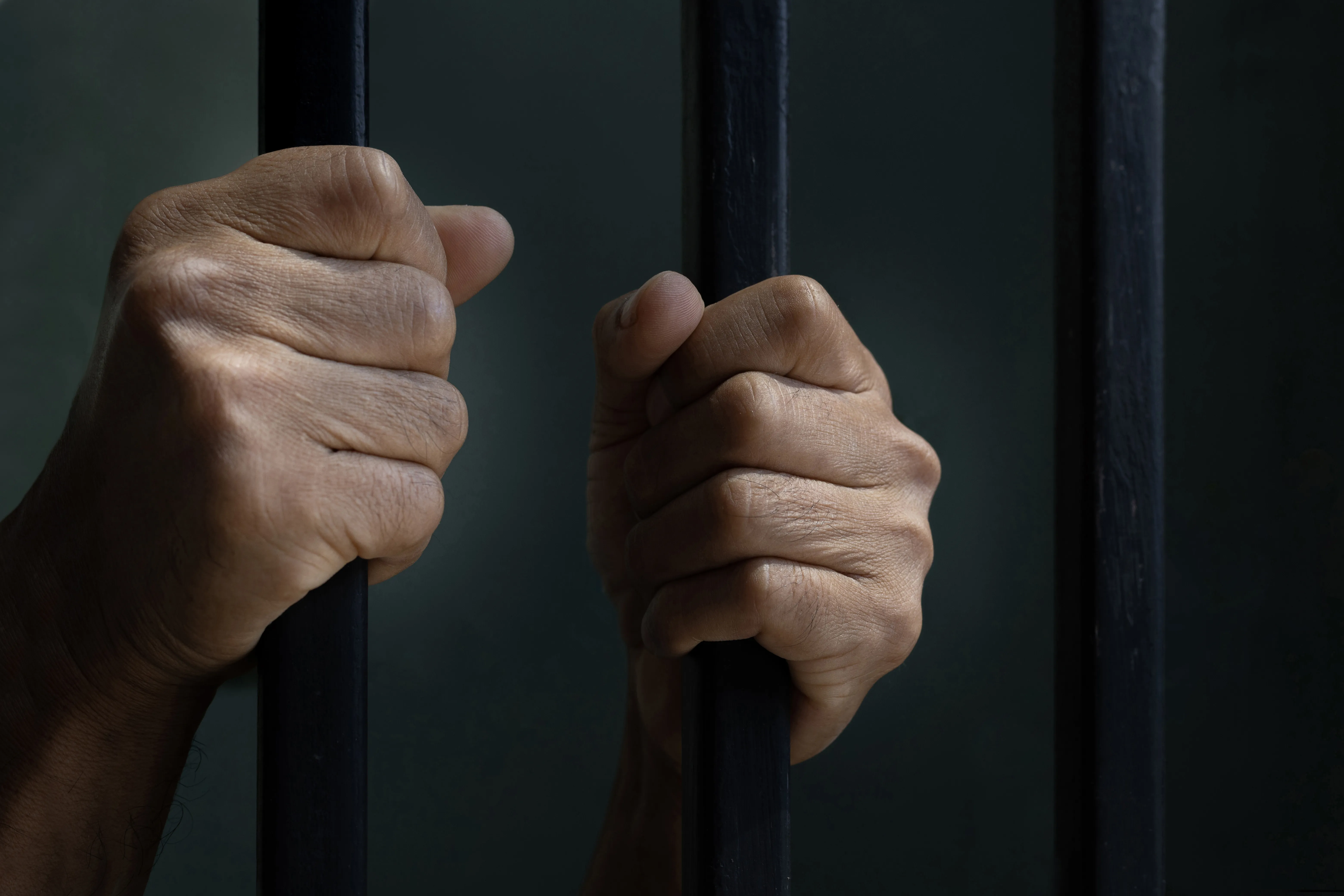
Cybersecurity attacks poised to increase without tighter safeguards
Click play to listen to this article.
A former White House cybersecurity expert is warning of potential cyberattacks on critical infrastructure. And in Illinois, security analysts are heeding his message on the dangers.
Illinois saw at least 10 major cybersecurity attacks last year.
As former acting principal deputy national cyber director, Jake Braun, executive director at the Harris School of Public Policy's Cyber Policy Initiative at the University of Chicago, said that during his time in the Biden White House, he dealt with escalating cyber threats from China and other nation-states - often targeting utilities.

© iStock - arcoss
"They are very deliberately targeting specific water utilities, specific energy operators and so on - that are civilian but support military installations," he said, "so that if we go to war, they've kind of seeded the battlefield, so to speak, with malware."
Of the approximately 50,000 water utilities throughout the United States, Braun said only a few hundred support military operations - and many of the rest are unprotected. Braun noted that he is working with the National Rural Water Association to recruit cybersecurity volunteers to help support local water utilities.
Cybercriminals generally hack utilities for one reason: money. Braun said ransom demands in exchange for the thieves releasing their hold on systems is rising. These schemes start primarily in Russia and other Eastern European countries, but nations such as China are also willing to infiltrate and weaken critical infrastructure.
Braun pointed to the Bipartisan Infrastructure Law to fund improvements to these systems.
"And many water utilities aren't even requesting the funds," he said. "So the funds are there, they're available, and water utilities often don't even know they can request the funds for that. And that is true for many other critical infrastructure."
Braun said some water utilities are in such rural areas that they struggle to find cybersecurity experts. He lauded volunteer programs such as the University of Chicago's Project Franklin to fill the gap.
Among the targets of cybersecurity attacks in Illinois last year were the Secretary of State's office, two colleges and a hospital.
















